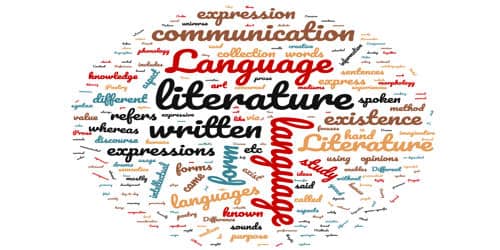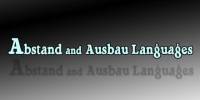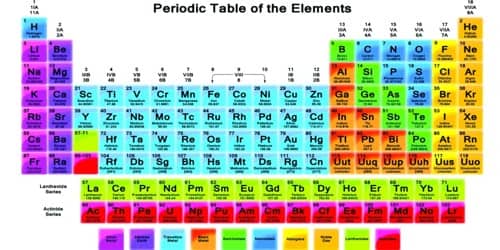Language and Literature are two words that appear similar in their purport but strictly speaking they are not so. Language can be simply defined as the study of sounds, words, and sentences whereas literature are the study of written work. Language is one of the best inventions of mankind, without which we won’t be able to share our knowledge, opinions, ideas, feelings, or express anger, excitement, nervousness, fears, with another person. Language is the fundamental unit of literature. In other words, it can be said that language makes literature. Here we are not just talking about vocal language, but all the systems used as a medium for communication.
Literature can be understood as any body of knowledge, present in written form which is used to express one’s thoughts, opinions, and ideas, about culture, tradition, life experiences, etc. with the use of language. Literature is produced by the creation of works in a particular language by the writers of the language. This is the main difference between language and literature.
The contrast between Literature and Language
Language
- Language is an abstract system of symbols and meanings governed by grammatical rules. It is all about sounds, signs, symbols, words, and grammar.
- A language comprises of sounds, words, and sentences. The manner in which the words combine to form sentences is important in any language.
- The language implies any form of expression or communication, by the living organisms through arbitrary signals. It is expressive in nature as it helps the living organisms to express their thoughts and feelings, with one another.
- Language means the system of verbal or non-verbal signs which are used by living beings, so as to convey information, feelings, thoughts, etc.
- Language differs from society to society and region to region, and each language possesses a unique dialect. It is that abstract system which helps in discourse. It serves various purposes, right from the casual discourse to acquiring knowledge.
- Language triggers interaction between living beings.
- The language experts are said to be well versed in grammar and prosody of the particular language.
Literature
- Literature refers to written works, especially those considered to be of superior or lasting artistic value. While literature consists of written works of the writers with intellectual thoughts and contemplation.
- Literature refers to the body of the written or spoken composition, of a specific kind, on a particular topic. It is made up of the thoughts expressed in any given language.
- Literature is imaginative in the sense that the writer of the material uses his imagination, to produce the work. It refers to any sort of written or spoken material, regarded as an art form, which has some intellectual value, due to the use of language in a manner, which is different from its normal usage.
- The common forms of literature are novel, poem, short story, drama, prose, biography, autobiography, memoir, play, essay, etc. It is purely based on life experiences, i.e. what one has faced, experienced, felt, dreamt, etc in his/her life. These forms of literature use words in a very influential, effective, and thought-provoking manner.
- Literature often encourages recreation, revelation, and introspection of thoughts, facts, and imaginations of the writer.
- Experts of any given language produce high-quality literature in that particular language.
















